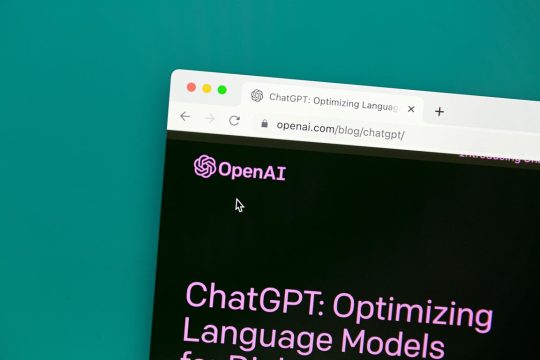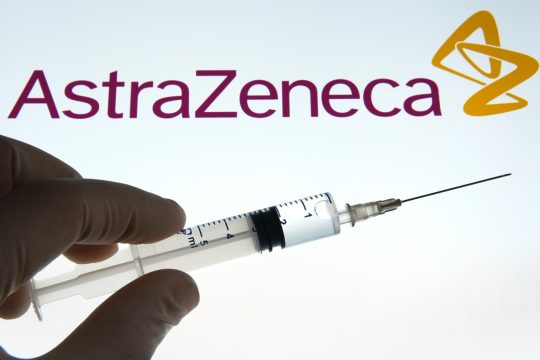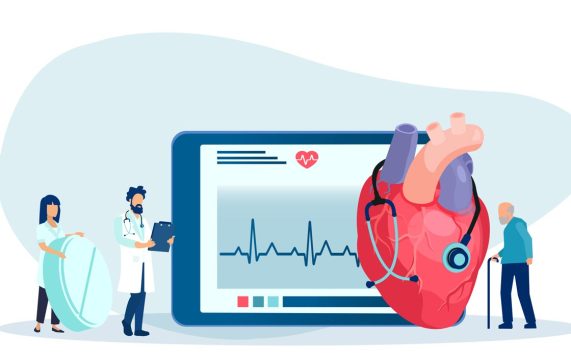Advertisment
BTS 2012 Report – Pathways of MHC Allorecognition
by Maria Dalby reporting on the presentation by Robert Lechler, King’s College Hospital, London. Understanding how a transplant recipient’s immune system recognises the alloantigens that trigger rejection is vital to develop new ways of achieving clinical transplantation tolerance. Professor Robert Lechler from King’s College Hospital in London is a world authority on transplantation tolerance; he opened the BTS 15th annual congress by presenting an overview of the mechanisms involved and on-going research efforts to develop and document new research protocols.
Allorecognition is known to occur by two distinct pathways: the direct pathway and the indirect pathway. The former involves recognition of intact foreign major histocompatibility (MHC) molecules on the surface of donor cells, which triggers CD4 and CD8 T-cell responses. This pathway is known to decline over time post-transplantation as donor dendritic cells (DC) are deleted; for this reason, the direct pathway is thought to play a dominant role in acute rejection, but is unlikely to contribute to chronic rejection. In contrast, in the indirect allorecognition pathway, donor MHC molecules are internalised, processed, and presented as peptides by host antigen presenting cells. The constitutive presentation of tissue antigens by trafficking DC means that the indirect allorecognition pathway is always active.
Emerging data suggests a third pathway for allorecognition known as the ‘semi-direct’ or ‘cross-dressing’ pathway. In this pathway, DCs acquire MHC class I and II cells from other DCs and from endothelial cells (ECs), which are then recognised by T-cells and may provide a mechanism whereby T-cells with indirect allospecificity can help or suppress T-cells with direct anti-donor allospecificity, which in turn means that both the direct and indirect pathway may be permanently active. Professor Lechler is currently supervising a research programme at King’s College where regulatory T-cell lines (Tregs) are cultured and expanded to become more potent in their suppressive function. Experimental studies show that Tregs with direct and indirect allospecificity are capable of inducing indefinite survival of heart allografts and removing pre-existing donor-specific antibodies from the recipient’s circulation.1 A clinical study is underway to verify this approach in humans.
A further line of research is to identify biomarkers of clinical tolerance in transplant recipients. Such biomarkers could be used to identify ‘spontaneously’ tolerant individuals who could safely be weaned off immunosuppressive drugs post-transplant, and would also provide surrogate endpoints for tolerance-promoting protocols and shed light on mechanisms that may inform therapeutic protocols. A research group led by Professor Lechler has identified a tolerance ‘finger print’ which seems to consist of a lower percentage of recently activated T-cells with expansion of peripheral blood B cells, leading to a high B/T cell ration, and also absence of anti-donor antibodies, a lower anti-donor response along the direct pathway, and differential expression of a set of 10 genes. Again, a clinical study is in progress in which the proposed biomarkers of tolerance are used to guide immunosuppressive therapy in kidney transplant recipients. Professor Lechler remains confident that the study of these mechanisms will reveal ways of ensuring allorecognition without activation and thus donor-specific tolerance.
Reference:
Shariff H, Tanriver Y, Brown KL, Meader L, Greenlaw R, Mamode N, Jurcevic S. Intermittent antibody-based combination therapy removes alloantibodies and achieves indefinite heart transplant survival in pre-sensitized recipients. Transplantation 2010; 90(3): 270-278





